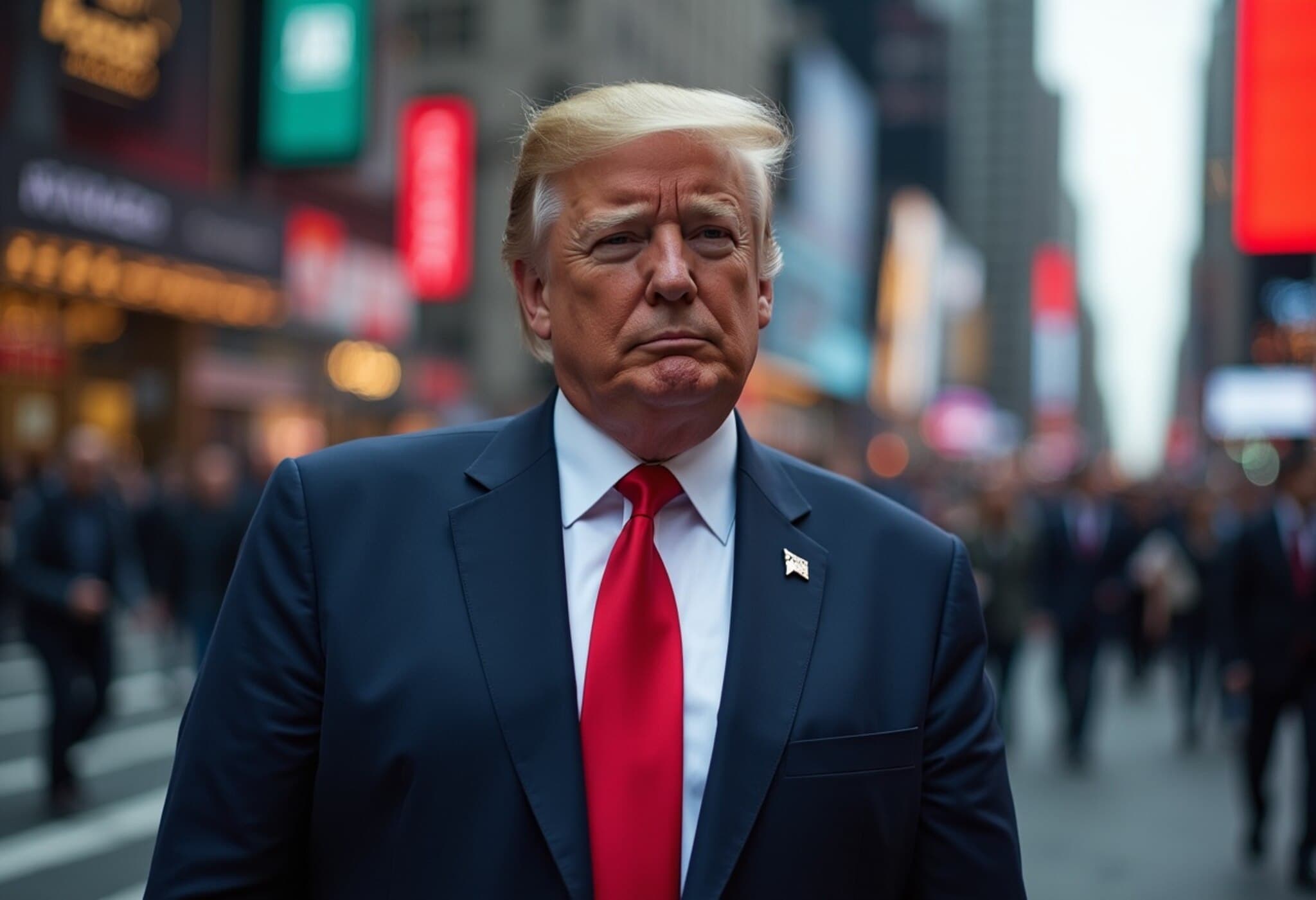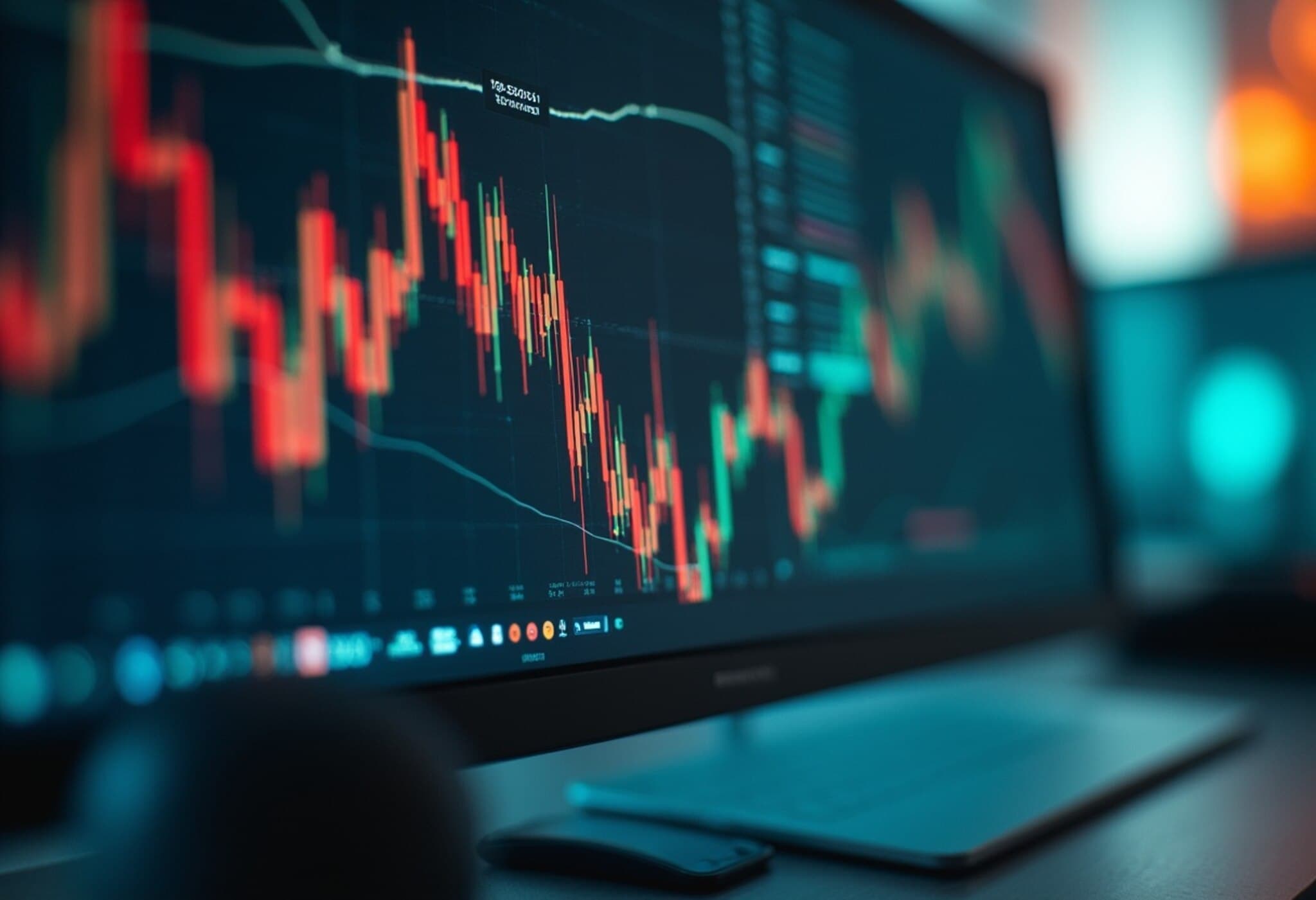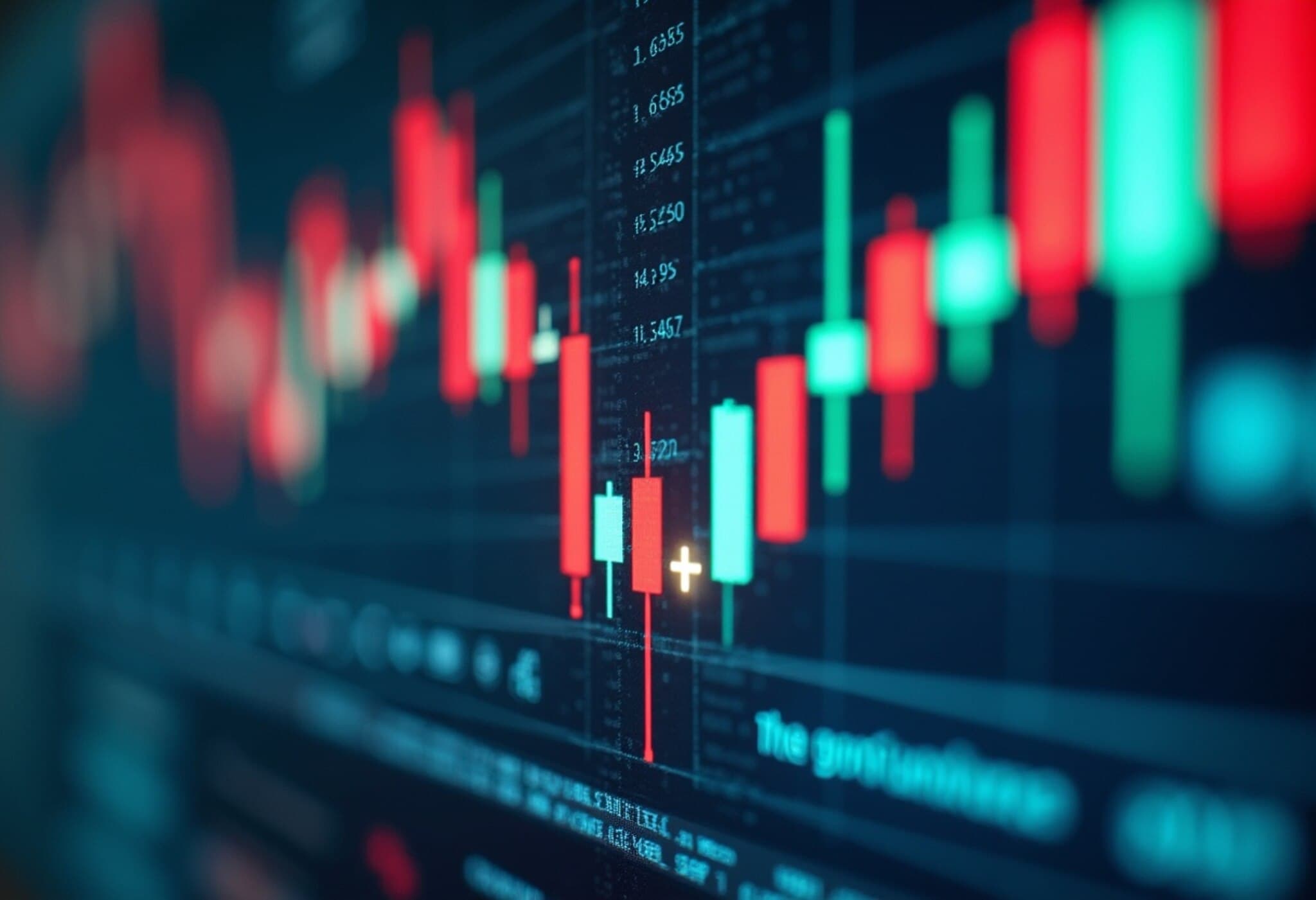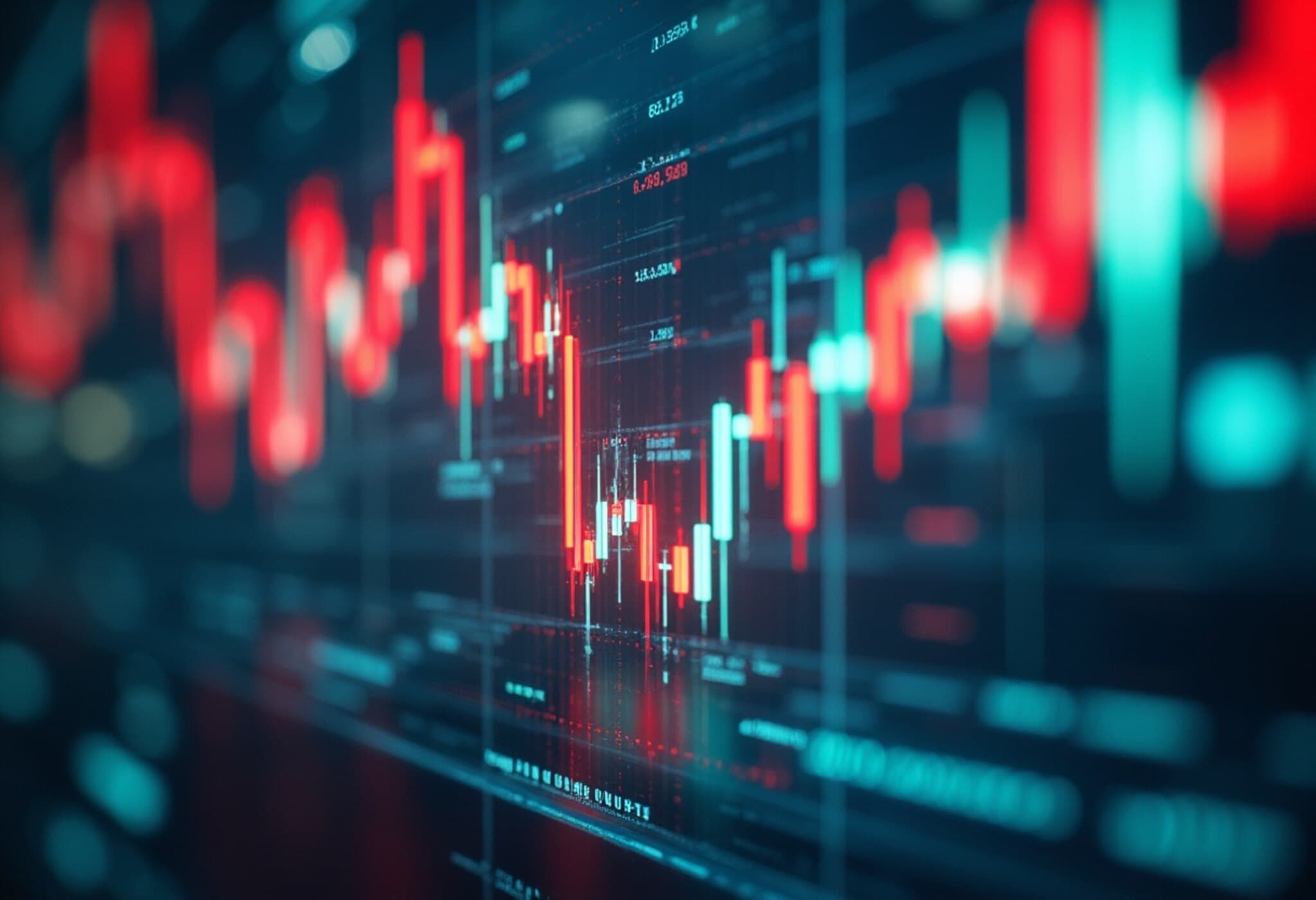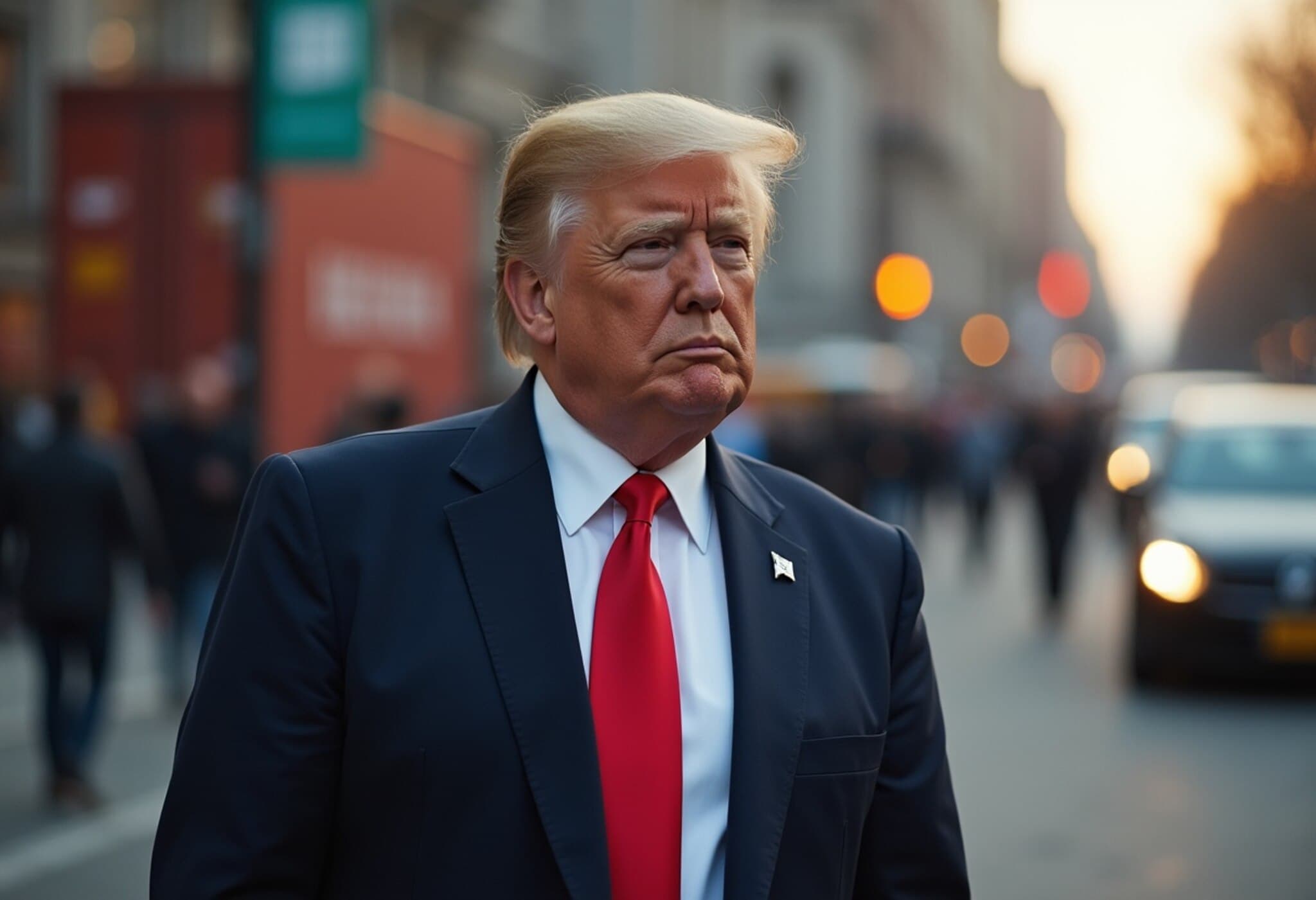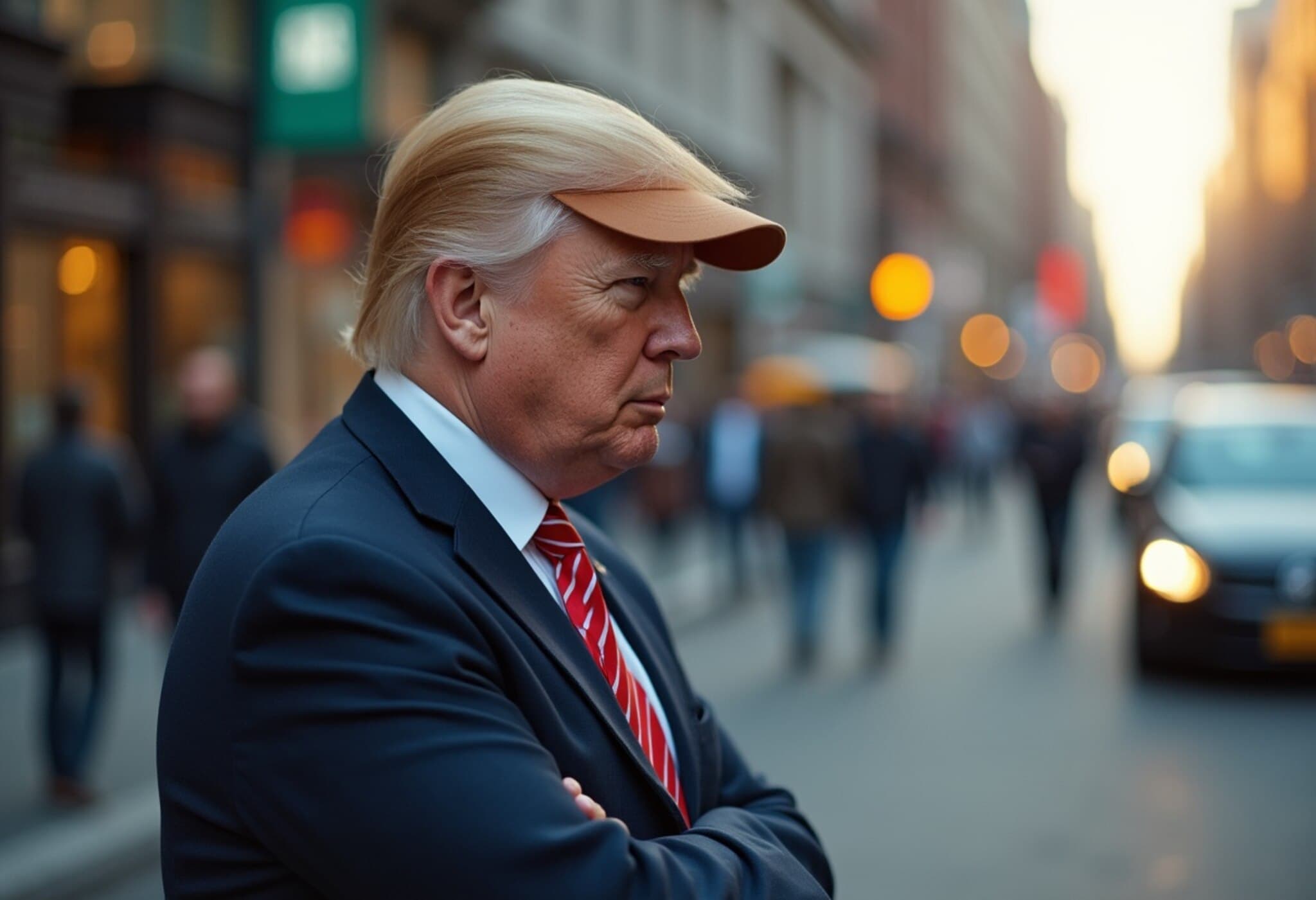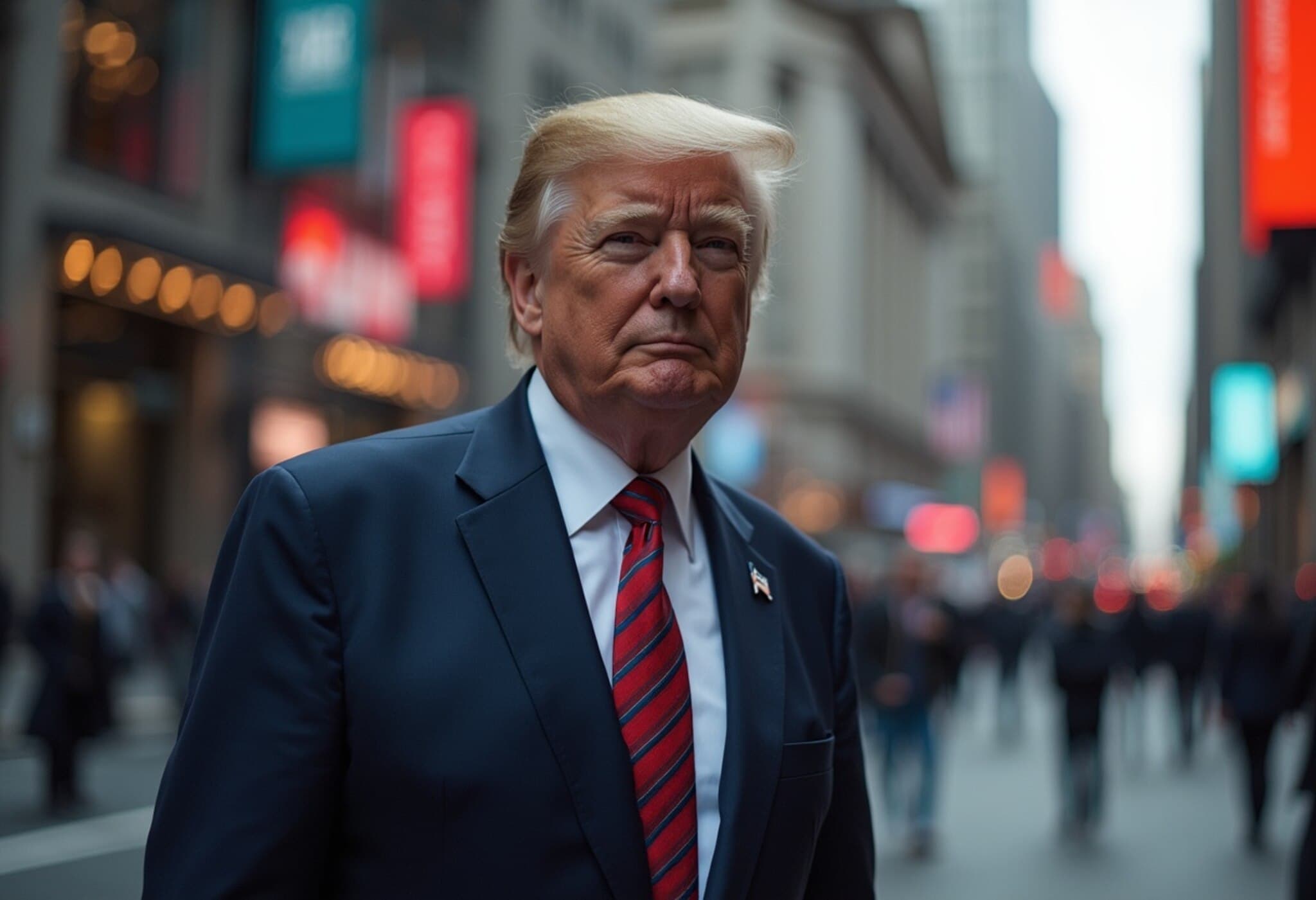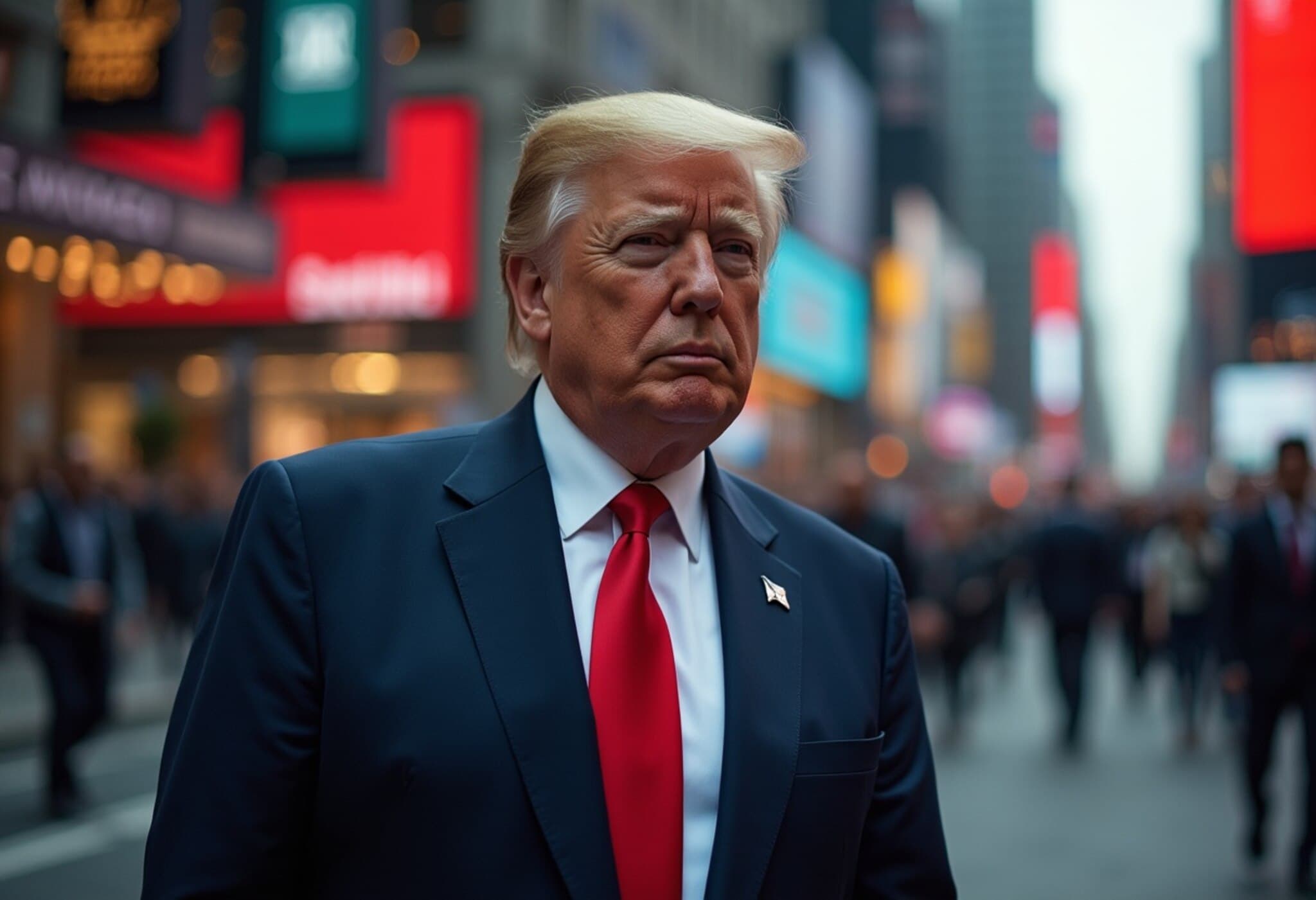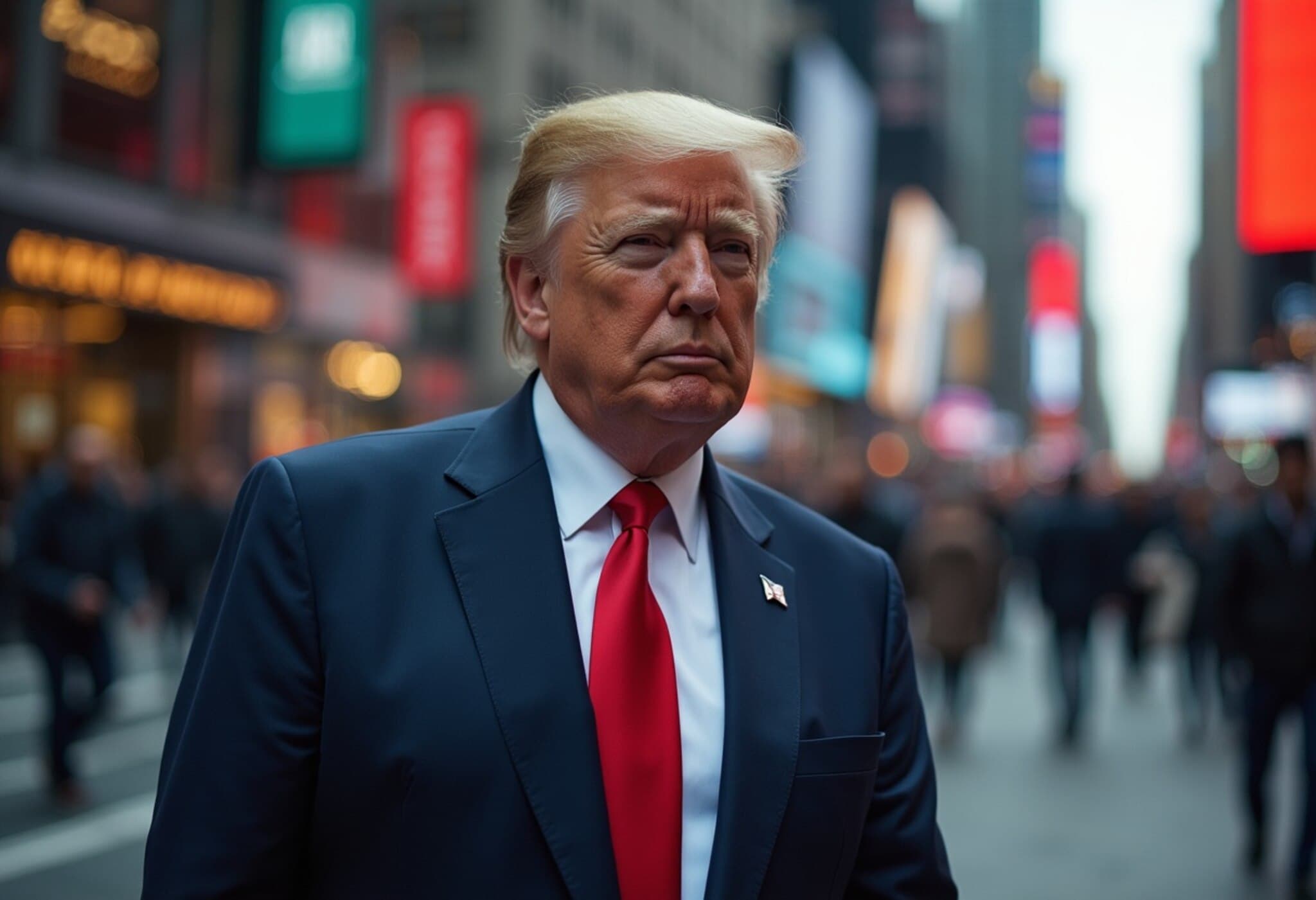Wall Street Retreats Amid Renewed Tariff Fears
On Monday, Wall Street experienced a notable pullback, erasing the gains it made just last week after President Donald Trump unveiled threats of new tariffs targeting key trading partners. This move reignited widespread investor concerns about escalating global trade tensions, casting a shadow over recent market optimism fueled by strong U.S. employment data and major fiscal policy achievements.
Market Response: Sharp Declines After Promising Week
Last week, the S&P 500 and the Nasdaq Composite surged to record heights, buoyed by robust job numbers and the passage of what critics and supporters alike dubbed the “Big Beautiful Bill,” a sweeping fiscal package that extended valuable tax cuts. However, the momentum reversed swiftly as Trump announced plans to impose 25% tariffs on imports from Japan and South Korea should these allies fail to secure new trade agreements with Washington.
The Dow Jones Industrial Average retreated by 0.9%, closing at 44,406.36, while the S&P 500 and Nasdaq fell by 0.8% and 0.9%, respectively, signaling growing nerves among investors wary of fresh trade disruptions.
Trade Threats Extend Beyond Asia
Beyond Japan and South Korea, President Trump warned of potential 10% tariffs targeting countries perceived to be aligning with the emerging BRICS coalition, a bloc that includes Brazil, Russia, India, China, and South Africa. This edgier approach to trade policy has jolted markets, reminding investors that geopolitical and economic risks remain as relevant as ever despite recent legislative victories.
Investor Sentiment and the Musk-Trump Rift
Adding fuel to market uncertainty, Tesla shares plunged 6.3% following Trump’s public criticism of CEO Elon Musk’s plans to establish a political party opposing the administration’s flagship legislation. Musk’s entrance into the political arena caught investors off guard, especially those who had hoped his focus would remain on innovating within Tesla and SpaceX rather than engaging in polarizing political battles.
Contextualizing the Trade Policy Turn
Trade tensions had receded somewhat amid Capitol Hill’s intense focus on Trump’s fiscal initiatives, which include controversial cuts to healthcare and social services. Concurrently, geopolitical distractions such as the Iran-Israel conflict contributed to a temporary shift in attention away from global commerce disputes.
Yet deep down, these trade issues were never far from the surface. With the White House setting a firm July 9 deadline for new trade agreements and threatening to escalate tariffs starting August 1, the administration’s hawkish stance signals a firm commitment to reshaping international trade dynamics.
Expert Insight: What This Means for the U.S. Economy
From an economic policy standpoint, this development raises important questions about the long-term impact of tariff escalation. While tariffs may aim to protect certain domestic industries, experts warn they can backfire by raising costs for consumers and disrupting supply chains. Furthermore, ongoing tension with allied nations like Japan and South Korea risks undermining strategic partnerships crucial to national security and economic resilience.
Investors and policymakers alike will need to monitor how these tariff threats evolve in the coming weeks. The intersection of trade policy, domestic fiscal measures, and global diplomacy now presents a complex puzzle with significant implications for market stability and economic growth.
Summary Box: Key Takeaways
- Wall Street slipped after President Trump announced potential tariffs on Japan, South Korea, and BRICS-aligned countries.
- Last week’s market highs were driven by strong job data and the “Big Beautiful Bill” fiscal package.
- The tariff threats have revived fears of global trade conflicts, pushing indexes downward.
- Tesla shares dropped sharply amid CEO Elon Musk's political clash with Trump, adding volatility.
- The White House maintains a firm deadline for new trade deals, with tariff increases set for August 1 if unmet.
- Experts caution escalating tariffs may have mixed economic consequences, balancing protectionism against risks to consumer prices and alliances.
Editor’s Note
As President Trump’s tariff rhetoric unsettles financial markets anew, it highlights the fragile balance between nationalist trade policies and global economic interdependence. Observers should ask: How will continued tariff escalation shape the U.S. economic trajectory and geopolitical alliances? Will the market absorb political risks, or are more profound adjustments on the horizon? Staying attuned to these evolving dynamics remains essential for investors, businesses, and policymakers aiming to navigate the complexities of today’s interconnected economy.

